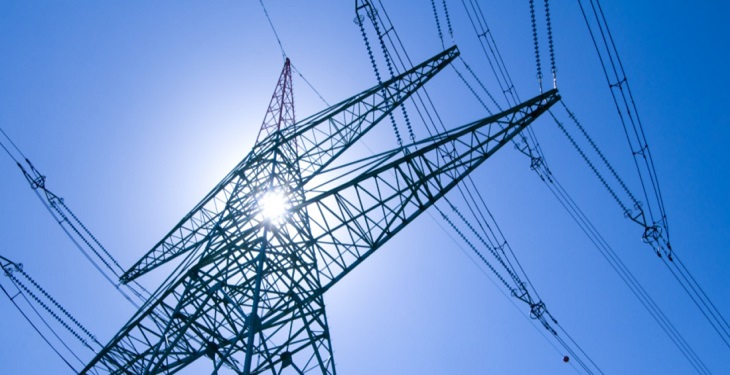Twelve energy providers have pulled fixed-rate tariffs and replaced them with more expensive deals since 23 June, in signs that the pound’s fall in the wake of the Brexit vote could push up household bills, writes The Guardian.
Comparison website uSwitch found a dozen dual-fuel deals had been replaced since the referendum, with new offers costing up to GBP105 a year more for the average customer. It said wholesale energy costs had been rising for the past three months, and that the UK’s position as a net importer of energy meant the falling pound was pushing up prices.
British Gas, EDF and Scottish Power are among the firms to have repriced a fixed-rate gas and energy deal, although the biggest increase was by small provider Extra Energy, which replaced its Fresh Fixed Price October 2017 deal, typically costing GBP770 a year, with one fixed until August 2017 costing GBP875 for an average energy user.
Tom Lyon, energy expert at uSwitch, said: “For nearly three years, wholesale gas and electricity prices have been falling, leading to cheaper and cheaper fixed-term deals for consumers. But with concerns about future UK energy supply, the impact of Brexit, and a weaker pound, we are starting to see some suppliers increase the price of their cheapest deals.”
Before the referendum, the government had claimed that a leave vote would push up prices for households. In March, the energy secretary, Amber Rudd, talked of an “electric shock”, with prices rising by GBP500m a year – or GBP20 for every household. However, leave campaigners suggested a Brexit vote would allow the government to scrap VAT on fuel, bringing down costs.
The new deals launched since the vote vary hugely in price. Utilita’s PremiumEnergy deal has fallen in price, by GBP31, but remains more expensive than some of those that have risen in cost, at GBP1,136 a year for a typical energy user. British Gas’s HomeEnergy Fixed offer is just GBP25 a year more than the supplier’s previous version, but costs GBP1,044.
The wholesale prices of gas and electricity fell during 2015 and winter saw providers cut their standard tariffs and launch low fixed-rate deals.
